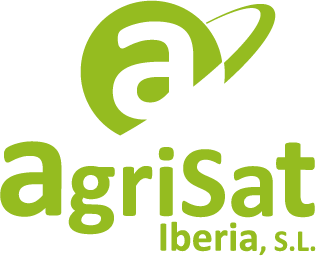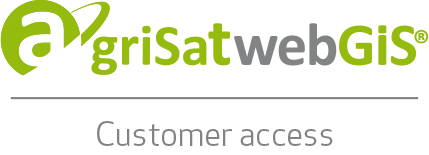New technologies in agriculture
The application of new technologies in agriculture is our mission.
What all our projects have in common is the application of new technologies in agriculture as a common point to achieve the best results with resource efficiency and improve the sustainability of the current agricultural system.
We invest a large part of our R&D effort in generating solutions for the automation of irrigation and fertigation processes, control of vegetation index and efficiency in the use of water by means of complex satellite observation systems of the earth and its surface.
Thanks to the application of new technologies in this field, we can carry out a wide variety of solutions that allow the control and automation of agriculture through hardware and software systems aimed at advising and training in intelligent agricultural management.
Get to know our ongoing and completed projects where we are committed to crop innovation with a strong technological base supported by our continuous agricultural consultancy.
Our activity in European projects aims to deliver new services and products optimised and adapted to the needs and requirements of end users, in the search for sustainable intensification of agriculture. We have recently successfully completed two European projects, co-funded by the H2020 programme: APOLLO and DIANA. As a result of the latter, our new Hidrogestor service has emerged.
NEW TECHNOLOGIES IN AGRICULTURE AND ONGOING PROJECTS
We currently have four ongoing agricultural innovation projects lasting between 3 and 5 years in different European countries, China and Australia. Our mission is to provide the technical service and tools necessary to achieve the crop and environmental objectives framed in each of the projects. We put ourselves at the service of new technologies in agriculture to achieve the best results.
ONGOING PROJECTS
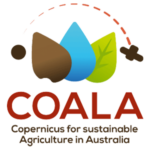
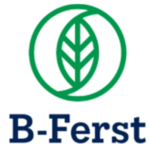


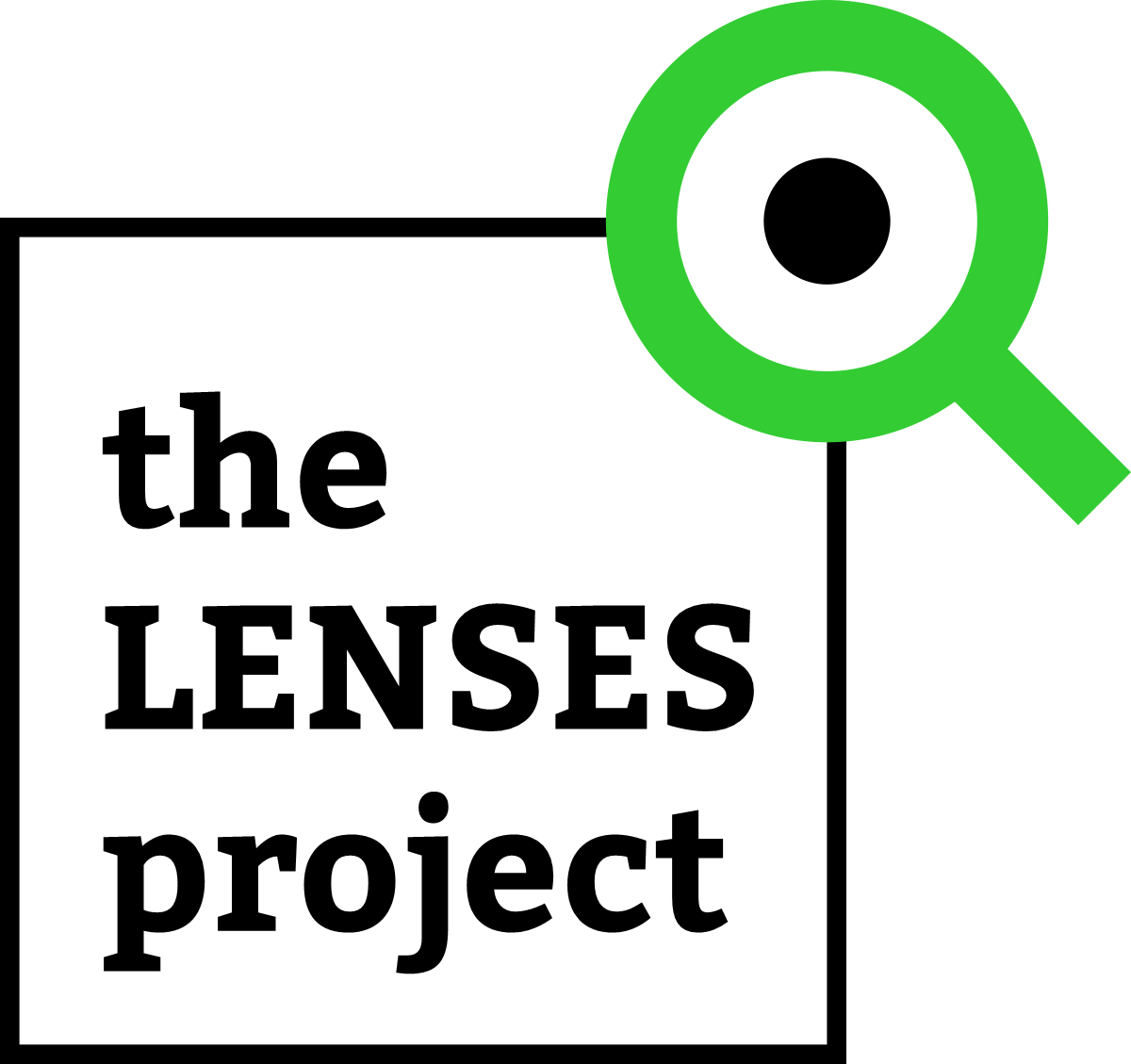
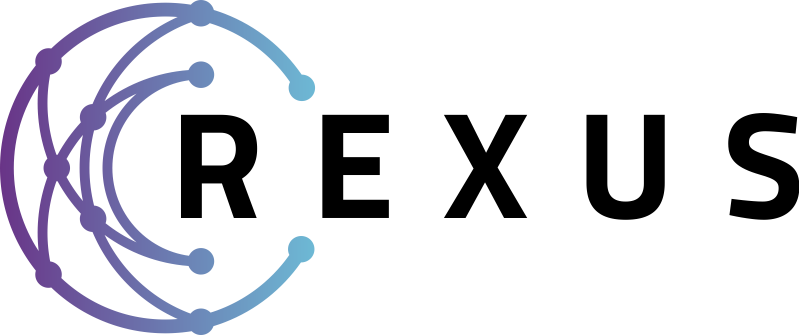

Completed projects that have involved new technologies in agriculture
In AgriSat we have the endorsement of three completed projects in which innovation and new technologies in agriculture were essential to achieve the objectives set in each of them. Thanks to our services and expertise in new technologies in agriculture, the Fatima, Apollo and Diana projects were successfully completed.



